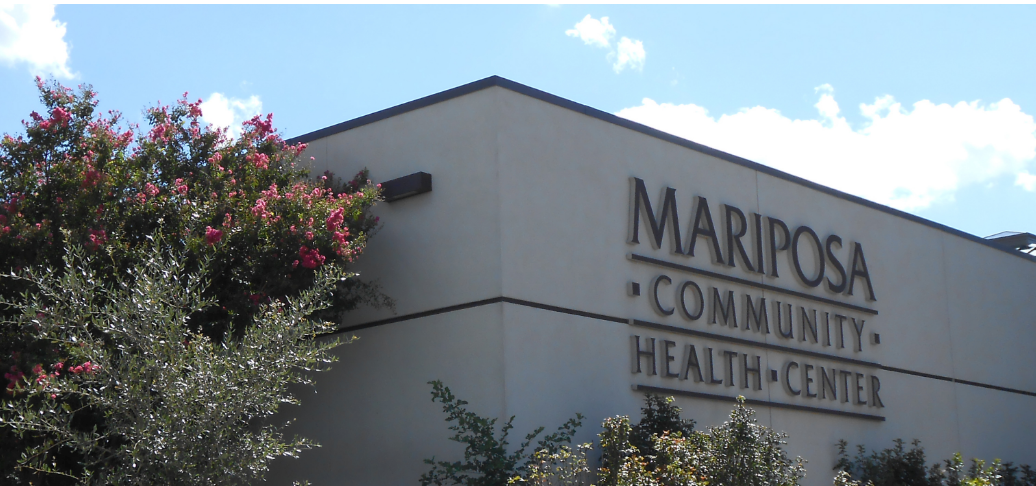Mariposa Community Health and AzPRC Partnership Flourishing

Mariposa Community Health Center, a Federally Qualified Health Center in Nogales (Santa Cruz County, Arizona) on the US-México border, will implement its La Vida Buena (The Good Life) Program to address the childhood obesity priority area. Mariposa has served the community for 36 years, has used Community Health Workers/Promotores de Salud for 26 years and was recognized as the Outstanding Rural Health Program in 2014 for its innovative use of Community Health Workers and it multiple cross-sector partnerships.
Mariposa is the health care home for 91% of all children 0-19 in Santa Cruz County. Nearly one third (30%) of Mariposa pediatric patients ages 2-19 have a documented BMI ≥ 85%. Santa Cruz County is a low income, rural county that borders Sonora, México. The majority (83%) of residents are Hispanic/Latino, 24% of residents live below 100% of the federal poverty level and 38% of children live in poverty. More than one third (38%) of residents are foreign born and 81% of residents use a language other than English at home.
La Vida Buena is a promising program designed and implemented with older children that was evaluated with assistance from the Johns Hopkins Bloomberg School of Public Health, producing statistically significant improvements in knowledge and dietary and physical activity behavior among both children and parents.
Mariposa will contract with three community partners--a community development corporation, a food bank and a biking non-profit--and the University of Arizona Prevention Research Center to implement a quasi-experimental model with an intervention group and a comparison group from two similar Mariposa clinic sites. The comparison group will have the opportunity to participate in the intervention once outcome data have been collected.
La Vida Buena will be delivered as an 8-week family-focused, community-based program with overweight and obese pediatric patients 5-8 years of age and one or more parents and/or caregivers. Services will be delivered by teams of adult CHWs (Promotores de Salud) and adolescent CHWs (Teen Health Facilitators).
Intervention impact will be measured at three time points to document sustained dietary and physical activity change and health-related outcomes, most critically a decrease in BMI. We will measure the perception among participants regarding the extent to which curriculum activities and other interactions with health providers conform to the National Standards for culturally and Linguistically Appropriate Services in Health and Health Care (CLAS) standards.



